

Foster Program
Anderson Humane cares for over 4,000 homeless animals each year. With limited shelter space, we rely on generous foster families who help us care for even more animals in need. We provide all necessary veterinary care, food, and supplies we have available.
The love you give these homeless pets – dogs, cats, puppies, kittens, small mammals, and pet birds – helps them become happy, healthy, and ready for adoption.
For more information on becoming a foster, check out our FAQ’s. If you have additional questions, please email fosters@ahconnects.org.
Generous Foster Support Provided by:
Interested in our Foster-To-Adopt Program?
Your Title Goes Here
Your content goes here. Edit or remove this text inline or in the module Content settings. You can also style every aspect of this content in the module Design settings and even apply custom CSS to this text in the module Advanced settings.
Why is fostering critical to the mission of Anderson Humane?
A foster home is the best place for animals awaiting a forever home. It reduces fear, anxiety, and stress and helps prevent illness. Fosters also expand Anderson Humane’s ability to save lives far beyond our buildings’ capacity.
What types of animals need fosters?
All our puppies and kittens start in foster care, and often remain together as a whole or partial litter. Some dogs and cats need a break from the shelter environment and foster homes provide a much needed respite. Animals with a medical need often benefit from a loving foster home in which to recover. Additionally, we need fosters for reptiles, small animals (rabbits, guinea pigs), and birds.
Through our STAR (Short-Term Animal Refuge) program, we foster animals for people who are displaced, entering a homeless or domestic violence shelter that doesn’t accept pets, or are leaving on military deployment. This can be a longer-term foster so we ask these fosters to provide updates about the pets to their people until they can be reunited.
How long will we have the foster animal?
The fostering period lasts from a few days to a few months. We’ll find the right foster match for you based on your ability and availability.
What supplies does Anderson Humane provide to me as a foster?
If there is a need for pet food or supplies for the foster animals, Anderson Humane will be happy to provide the necessary items. If you are able to cover the basic costs associated with your foster, we welcome that too.
What support can fosters expect from Anderson Humane?
Anderson Humane foster coordinators are available during business hours and during off hours for emergencies. We will also check in with you once a week via email, text, or phone to see how you and your foster are doing.
Is there a minimum age to foster?
You must be 18 to foster. An adult needs to have responsibility for the safety and care of the animal, but younger children in the household are welcome to help.
Who provides medical care for the foster animal?
Anderson Humane provides all medical services for the foster animal. That may mean bringing the animal to our veterinary clinic in South Elgin. Anderson Humane provides all vaccinations, spay/neuter surgery, and other medical needs. Please note that if you take your foster to a vet outside of our clinic, you are responsible for covering all medical costs.
What do I do if I have a medical concern with my foster animal?
Email clinic@ahconnects.org. For emergencies, call Anderson Humane’s emergency line: 847-697-2880 x. 52. This line is monitored 24 hours a day.
Who transports my foster animal to and from my house, the shelter, and the veterinary clinic?
We ask that foster families serve as the primary transport for the animal.
How do I sign up to be a foster?
Please fill out this form. Once we receive your application, we will send you an orientation video and handbook, call to answer any questions, and set up your first foster placement.
Should my foster animal interact with my pets?
Puppies and kittens should not interact with household pets until they are double vaccinated. Your foster coordinator will let you know when they have all of the needed shots to interact with your pets. After three days in your home, fully vaccinated adult dogs and cats may be introduced to your pets after consultation with your foster coordinator.
Can I take my foster animal to public places?
We ask that you don’t take your foster animal to a dog park or other places where animals frequent. But long walks and hikes on trails are fine.
Can I introduce my foster animal to the animals of my friends and/or family members?
Consult with your foster coordinator before introducing your foster animal to any pets outside your household.
What if my pets aren’t up to date on their vaccines?
We ask that any other animals in your household are up to date on their vaccines before you foster any animals.
What if I know someone who wants to adopt my foster animal?
Outstanding! Please connect that person with your foster coordinator.
Can I promote my foster animal on social media to try to get him/her adopted?
Occasionally, pets arrive at a foster home before they are ready for adoption. They may be too young, awaiting their appointment to be spayed or neutered, or recovering from a medical procedure. Please do not share about the animal publicly until your foster coordinator confirms the pet is available for adoption. At that time, we encourage and appreciate all of the exposure you can provide.
What if I decide I want to adopt my foster animal?
Fosters always have the first chance to adopt their animal.
Can I rename my foster animal?
Because all historical and medical records as well as their microchip number are connected to the animal’s name, we ask that you don’t rename the animal.
What if the animal doesn’t work out for me and/or my family?
Contact your foster coordinator and we’ll find another foster animal for you that’s better suited for your situation. Never hesitate to let us know that it isn’t working out. Even a few hours or days in a loving foster home makes a huge difference in the life of the foster pet.

Dogs & Puppies
We need foster families to care for puppies and adult dogs transported to Anderson Humane from our partner groups. They range in age from newborn pups who usually (but not always) have their mom with them to weaned pups and adults who need to stay in a foster home for just two weeks so we can make sure they’re healthy.
Anderson Humane staff will vaccinate and de-worm the animals and provide flea/tick treatments. Once the dogs are old enough, our veterinarian will spay or neuter them, and then they’ll be ready to come back to the shelter for adoption.
We also need foster homes for dogs who need a break from the shelter. These fosters bring their dogs to the shelter for adoption appointments and provide love and care until they find their forever home.
Cats & Kittens
Each spring, summer, and fall, the shelter is inundated with kittens! During “kitten season,” we need foster homes to care for these tiny feline babies until they are ready for adoption, usually for about two weeks. During kitten season, we may receive more than a litter of kittens each day – so we need lots of fosters!
We also need foster homes for adult cats who need a break from the shelter. These fosters bring the cats to the shelter for adoption appointments and provide love and care until they find their forever home.
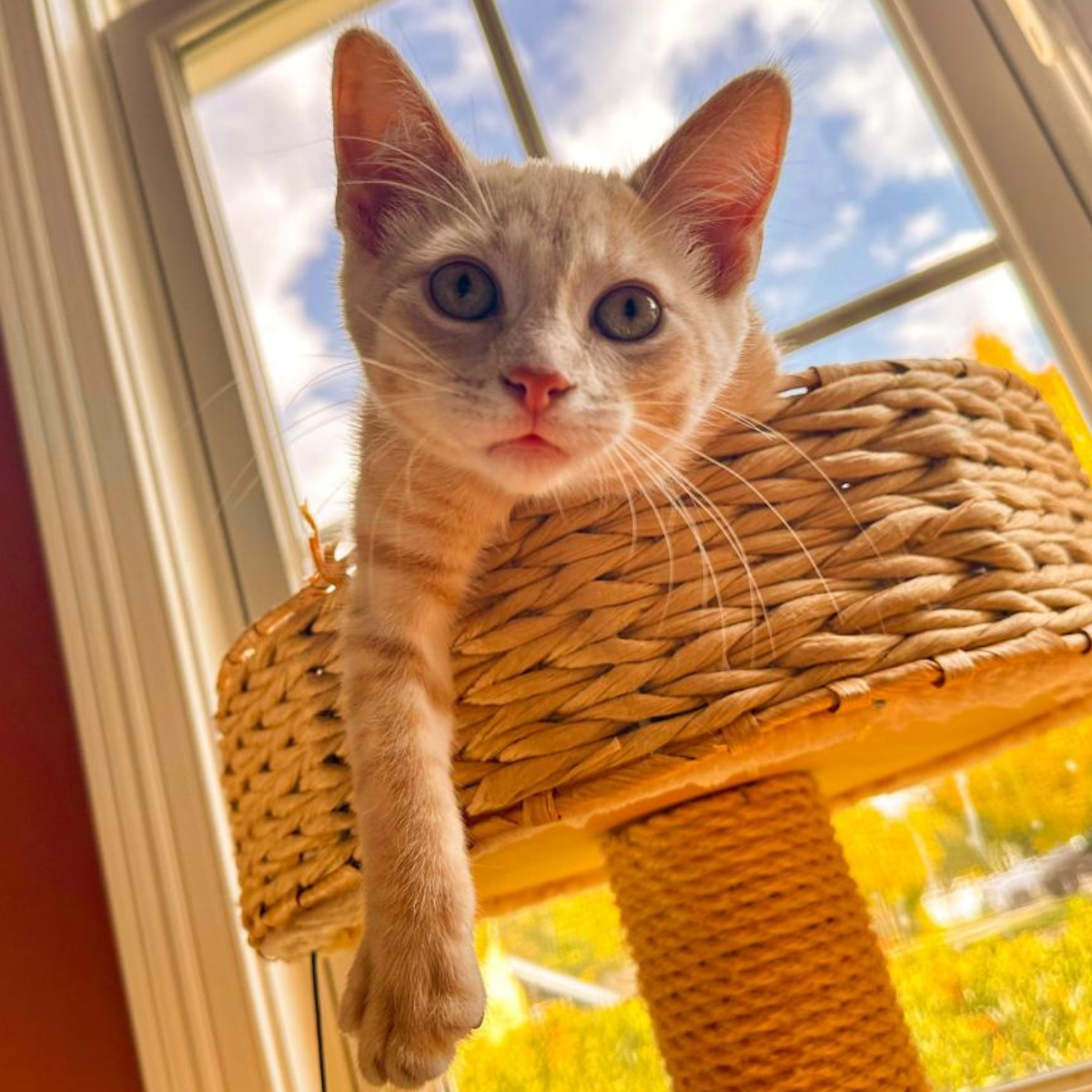
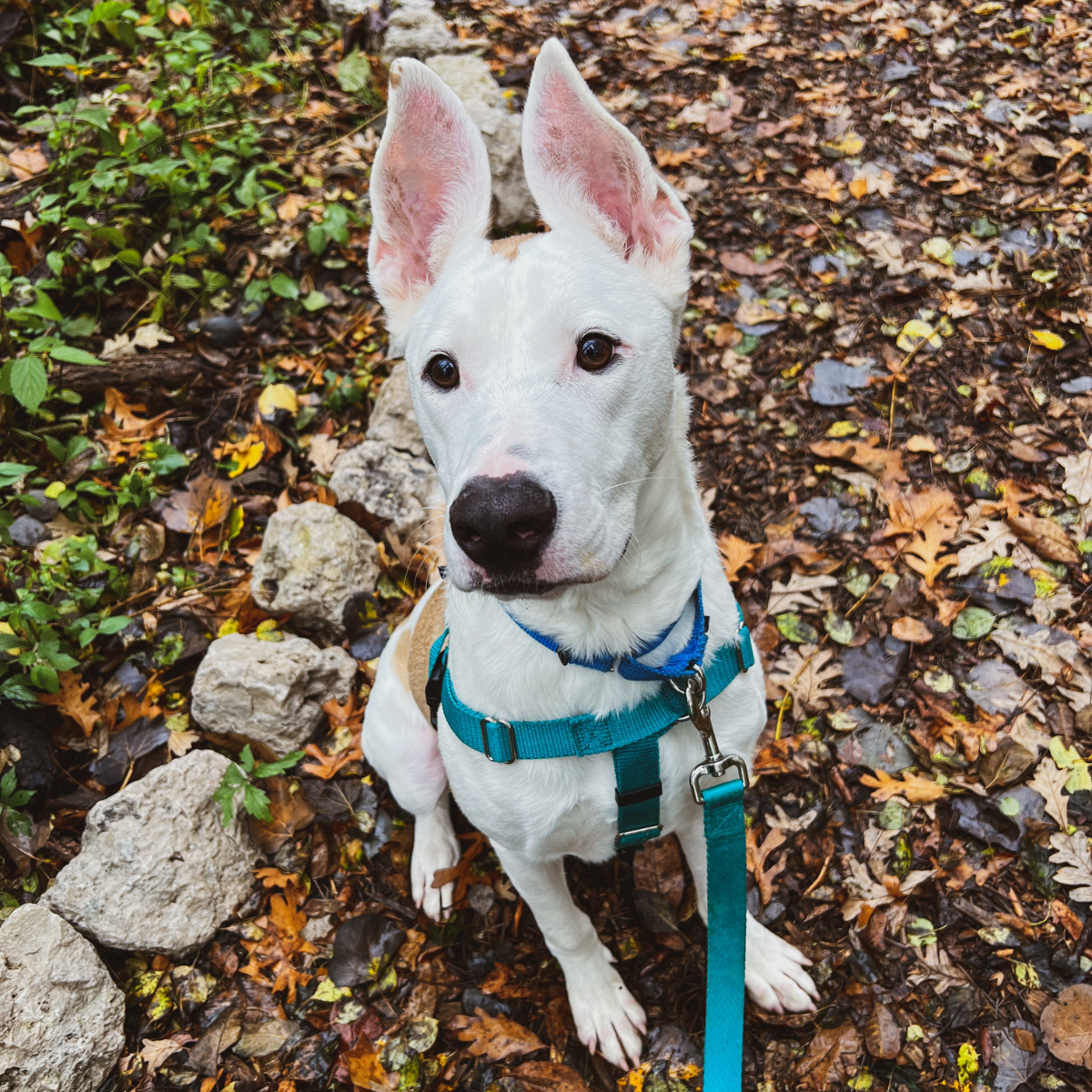
All-Star Dogs
We need foster families to help train dogs that are part of our Behavior Program. Sometimes these dogs need some time out of the shelter and in a loving home. We’ll match you with a dog that suits your lifestyle, and our Behavior Team will instruct you on positive reinforcement and Fear Free training methods. You’ll help our dogs deal with common behavior issues such as fearfulness, mild resource guarding, leash reactivity, mouthing issues, and separation anxiety. Our Behavior Team will be there to support you all the way.
If you can open your heart and home to one of these special dogs for a minimum of seven days, please contact our Foster Team at (847) 697-2880, ext. 37 or fosters@ahconnects.org.
Rabbits, Hamsters & Gerbils
Anderson receives numerous calls from people who can no longer care for their “little critters.” These include rabbits, chinchillas, hamsters, mice, gerbils, rats, sugar gliders, ferrets, and many more species. Thousands of these pets need assistance each year, yet few animal welfare organizations accept them. That’s why we need your help.
We’re looking for foster families interested in providing temporary care for these animals until their forever homes can be found. Experienced homes are preferred, but we will happily train newcomers.
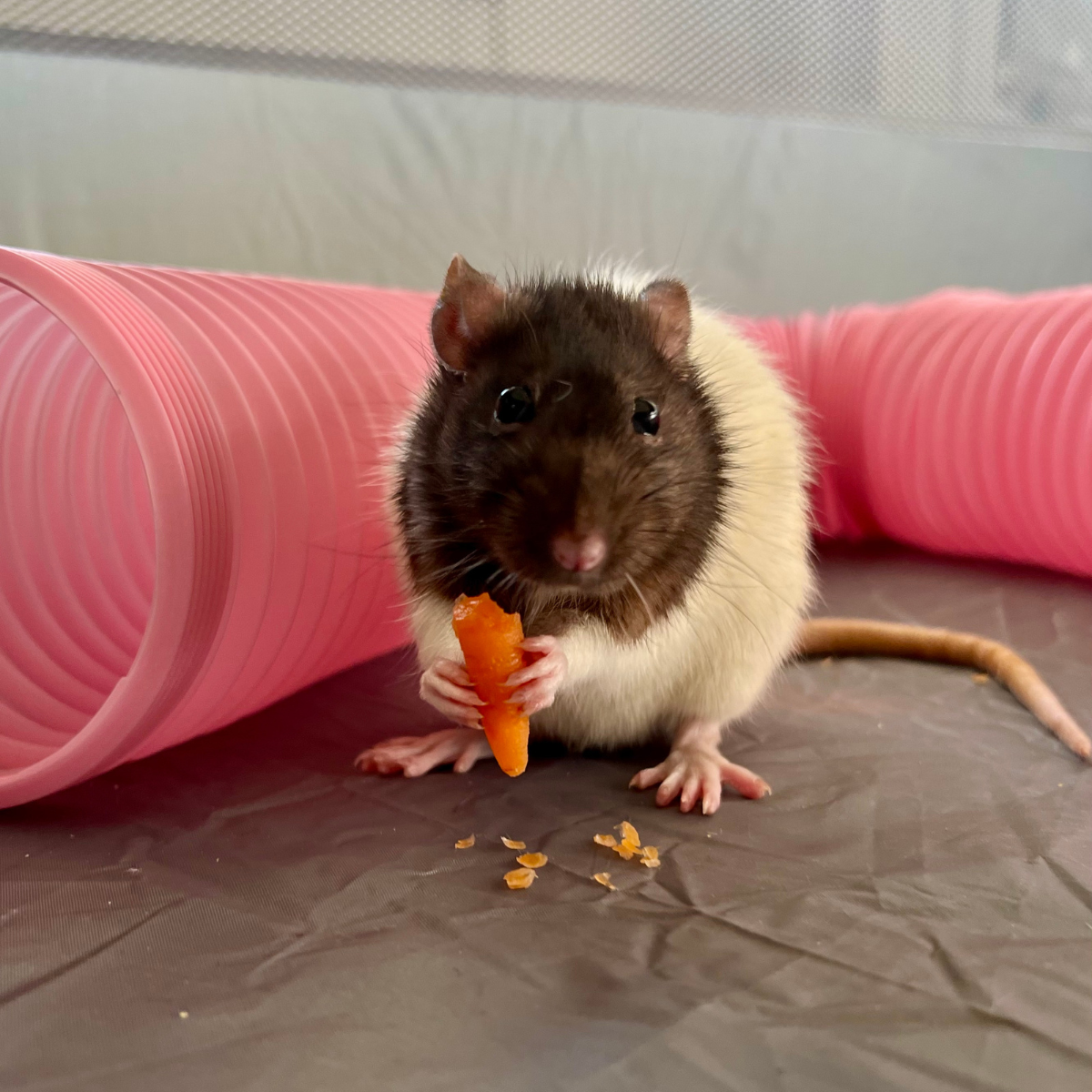
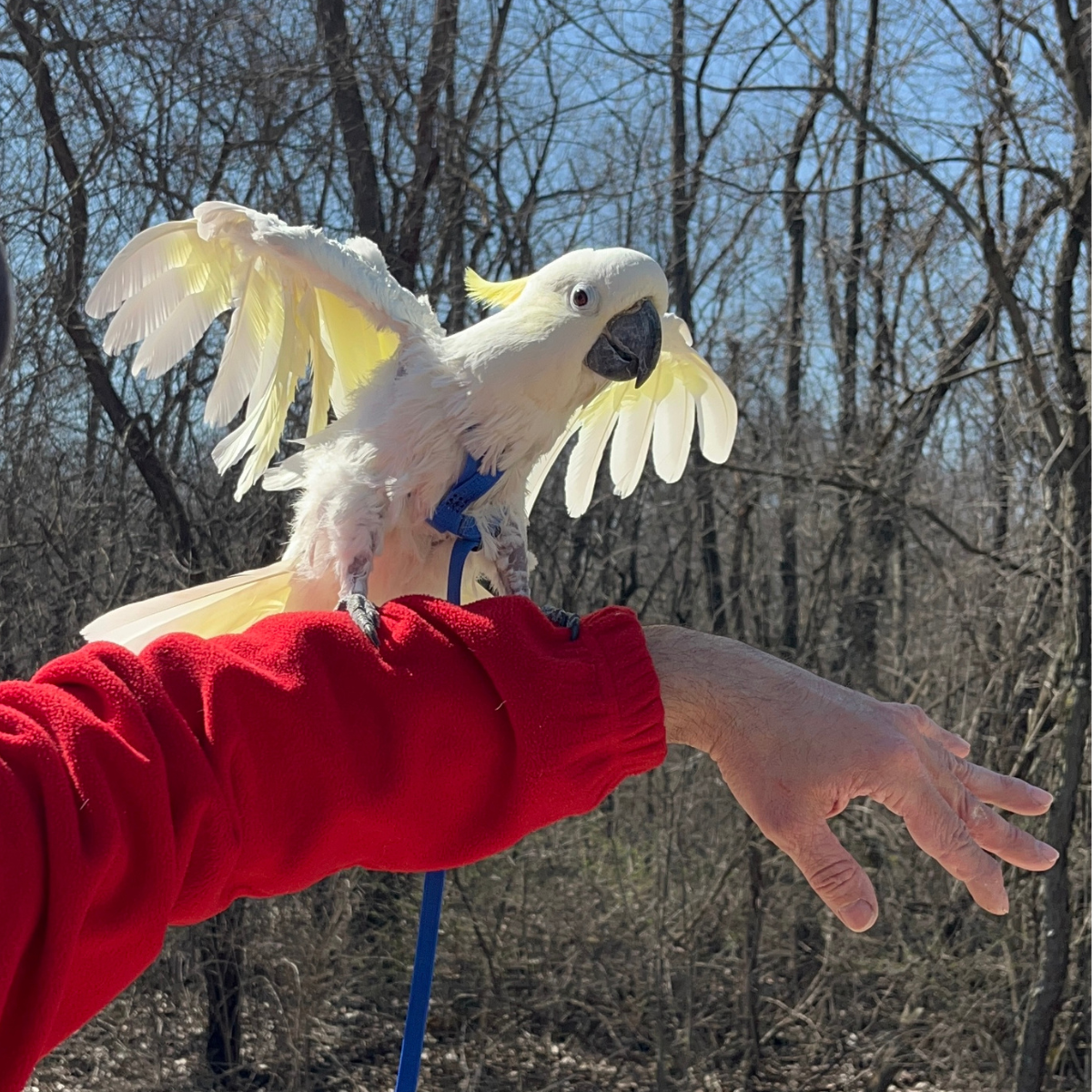
Parrots & Other Pet Birds
Many species of birds are kept as pets. They vary from tiny finches to larger macaws.
Parrots are intelligent and long-lived. Some larger species can live for 60-80 years, often outliving their owners. They can be loud and can become aggressive if not handled appropriately. They have specialized caging and food requirements and can be expensive to keep. They become homeless at alarming rates, yet few resources help homeless birds.
Anderson Humane is seeking experienced parrot people to provide foster care in their homes. We also need fosters for smaller birds such as finches, canaries, and doves. Appropriate caging will be provided if required.
STAR (Short-Term Animal Refuge)
We need short-term fosters to keep pets safe when their people are in crisis. Our STAR volunteers foster pets for people entering domestic violence shelters that don’t accept animals, low-income seniors during temporary hospital stays, others facing short-term emergency situations, or active-duty military members while deployed.
We ask these fosters to provide regular photos and updates about the pet, so their people can remain connected to them. Clients and their pets are reunited when life is more stable, or deployment ends. These fosters ensure that loving relationships are maintained between pets and their people.
Click here to visit our STAR page for more information.
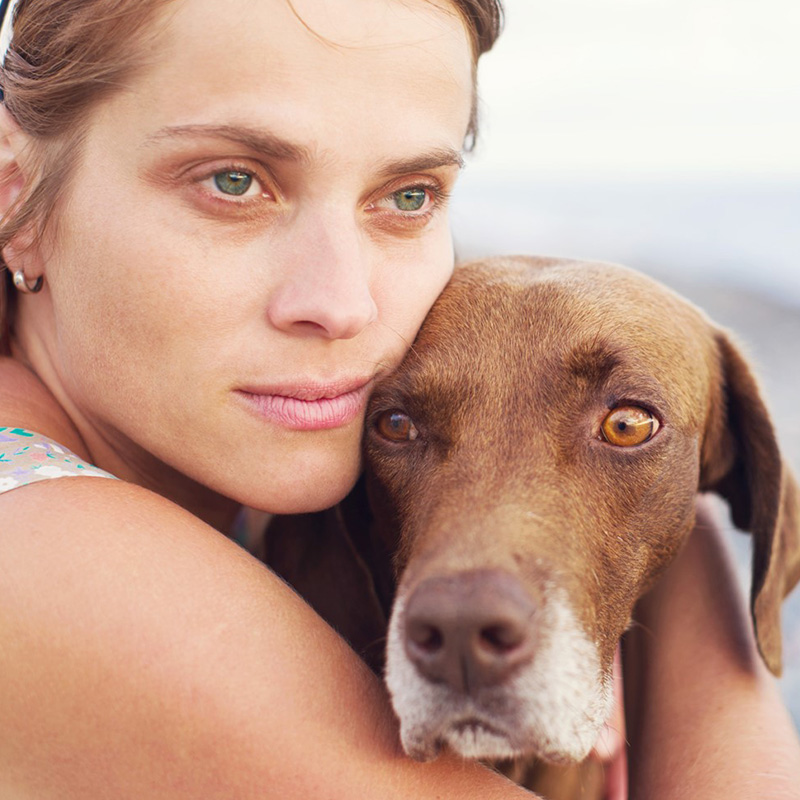
Funding for this website provided by Forefront - the Mission Sustainability Initiative.
Anderson Humane is a registered 501(c)(3) non-profit recognized by the IRS. FE #: 36-6164626 Copyright © 2026 by Anderson Humane.
Anderson Humane
1000 S. La Fox Street
South Elgin, IL 60177
(847) 697-2880








